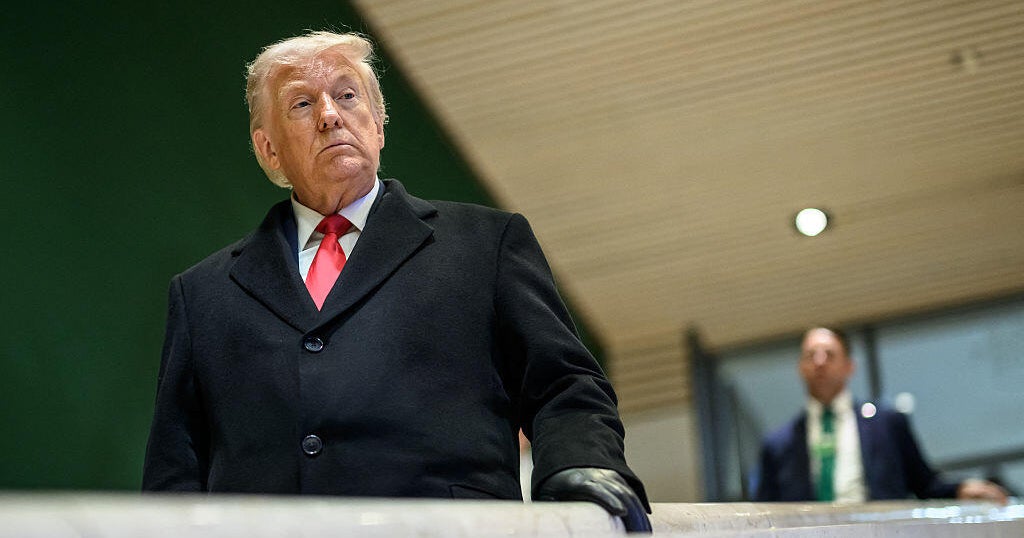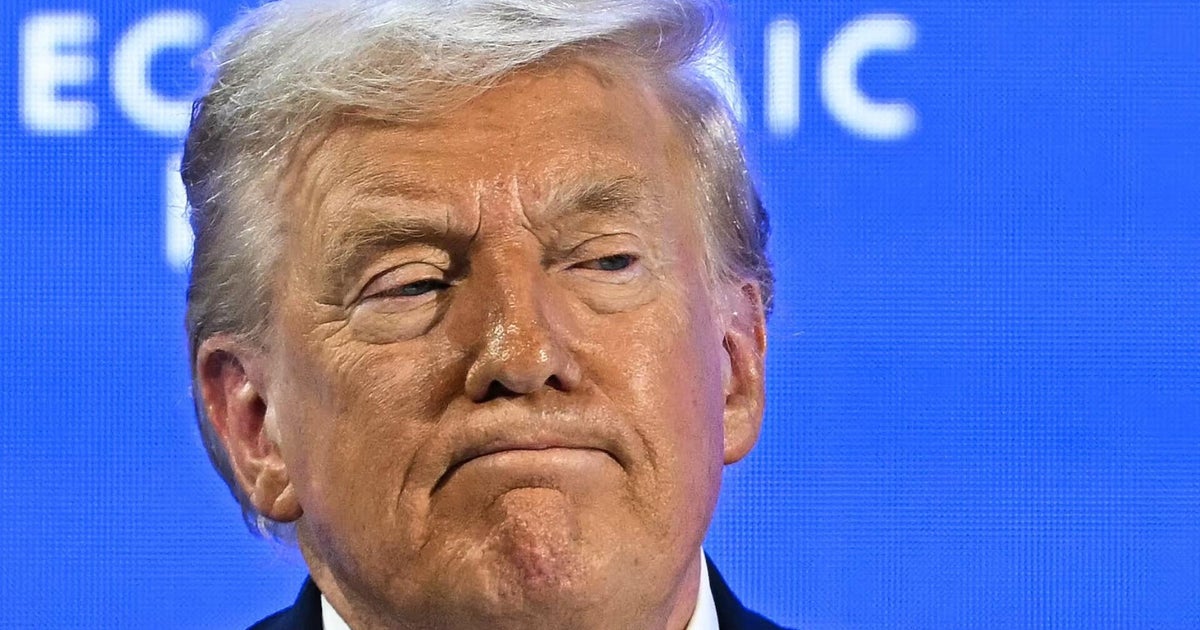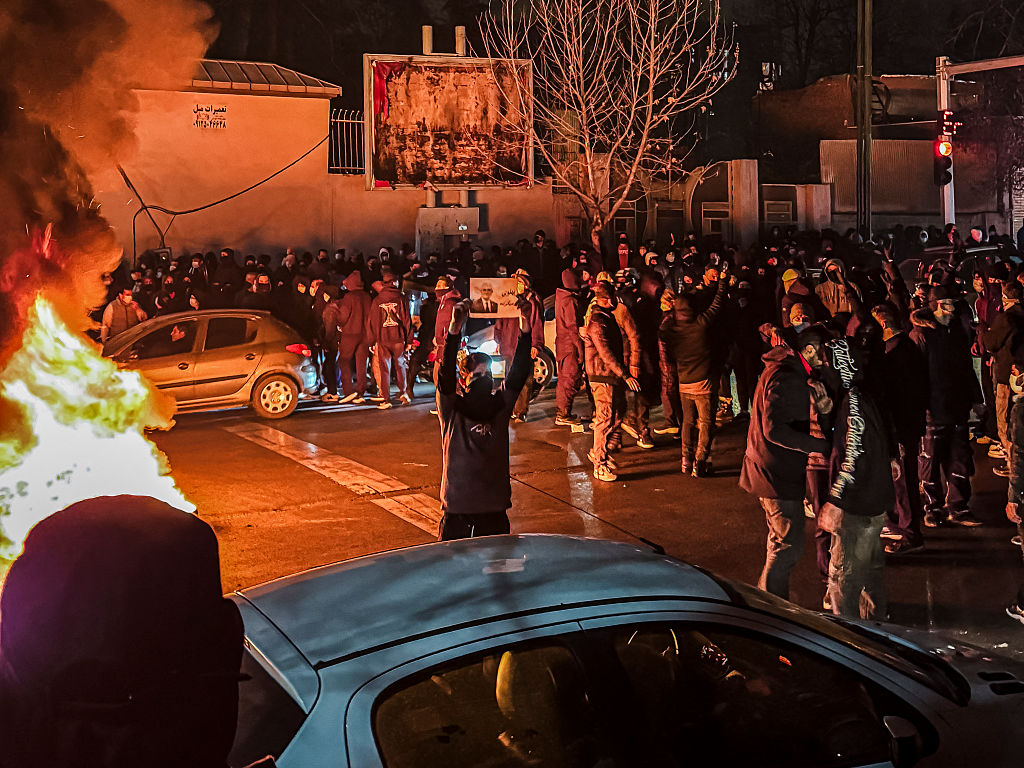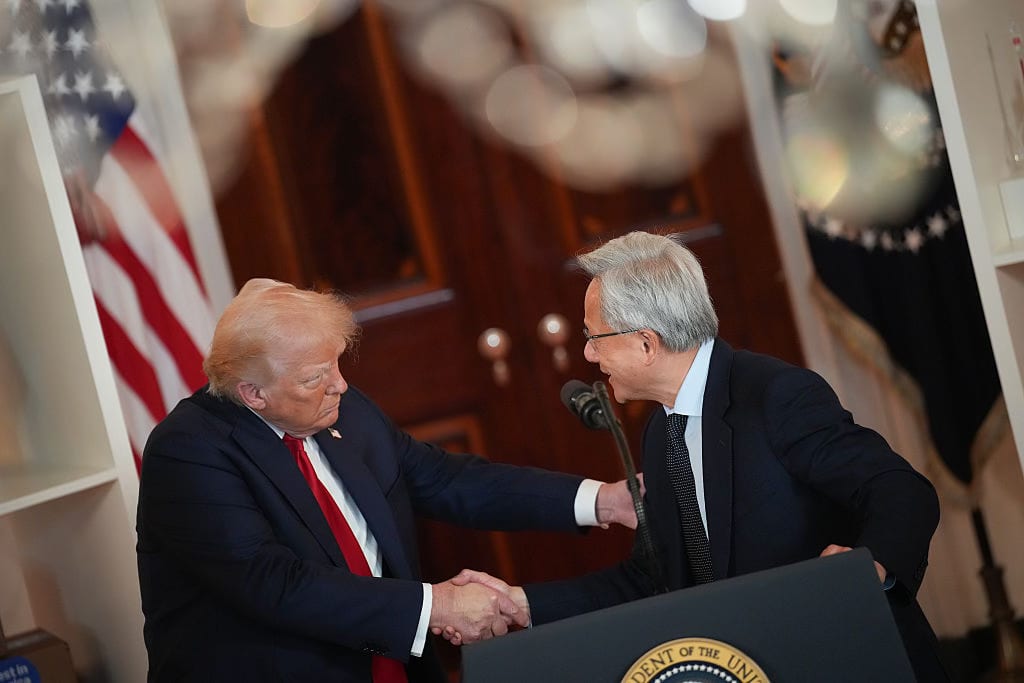China insists U.S. "doesn't have any" evidence virus came from lab
China lashed out again Wednesday at claims by President Donald Trump and his top diplomat that the U.S. has strong evidence suggesting the coronavirus slipped out of an infectious disease research facility in the city of Wuhan and then into the human population.
Mr. Trump said last week that he'd personally seen evidence that gave him a high degree of confidence the disease came from the Wuhan Institute of Virology (WIV). Secretary of State Mike Pompeo, who previously said the virus' origin was unclear, claimed over the weekend there was "enormous evidence" to show it had come from the lab.
On Wednesday, pressed by CBS News reporter Christina Ruffini about his inconsistent stance on the strength of the evidence, Pompeo again said there was no "certainty," but insisted "there is significant evidence this came from the laboratory. Those statements can both be true."
No such evidence has been shared with the public or, seemingly, America's close international partners.
A U.S. intelligence official has told CBS News evidence does exist for that scenario but it's still being examined, along with evidence that it stemmed from human contact with infected animals outside of the lab. That official declined to further characterize the evidence or its credibility.
Senior U.S. intelligence officials have publicly ruled out conspiracy theories that the virus might have been man-made or deliberately altered in a lab.
On Wednesday, China's Foreign Ministry accused Mr. Trump and Pompeo of pushing a theory that "doesn't have any" evidence.
America's closest allies have declined to endorse the theory that the coronavirus originated in a lab, and no senior epidemiologists have come forward to lend credence to the notion that the disease could have come from the Wuhan facility, deliberately or inadvertently.
Earlier this week, America's top government infectious disease expert, Dr. Anthony Fauci, said it was clear to him the coronavirus "was in the wild to begin with," and he doesn't "spend a lot of time going in on this circular argument" about a possible lab origin.
The World Health Organization on Tuesday called the lab theory "speculative."
Scientists at the Wuhan Institute of Virology have long conducted research on deadly diseases, including viruses carried by bats. Many researchers suspect the virus jumped into humans from animals amid the claustrophobic conditions at "wet markets" in China, where wild animals are sold for food alongside domestic animals. Bats are prime suspects, given similarities in the DNA of the new coronavirus and a virus found in some Chinese bat species.
The head of the Wuhan lab, a well-regarded virologist named Shi Zhengli, has been adamant that the new virus that causes COVID-19 was never worked on or possessed by the WIV.
"Mr. Pompeo repeatedly spoke up but he cannot present any evidence. How can he? Because he doesn't have any," Chinese Foreign Ministry spokeswoman Hua Chunying said Wednesday. "I think this matter should be handed to scientists and medical professionals, and not politicians who lie for their own domestic political ends."
China's initial efforts to silence doctors in Wuhan who raised the alarm about cases of a new virus appearing in hospitals there late last year, along with allegations the central government in Beijing sought to cover up or at least downplay the severity of the disease, have fueled the allegations and conspiracy theories about its true origins.
Mr. Trump has said the U.S. may seek to recover some financial losses caused by the pandemic from Beijing.





